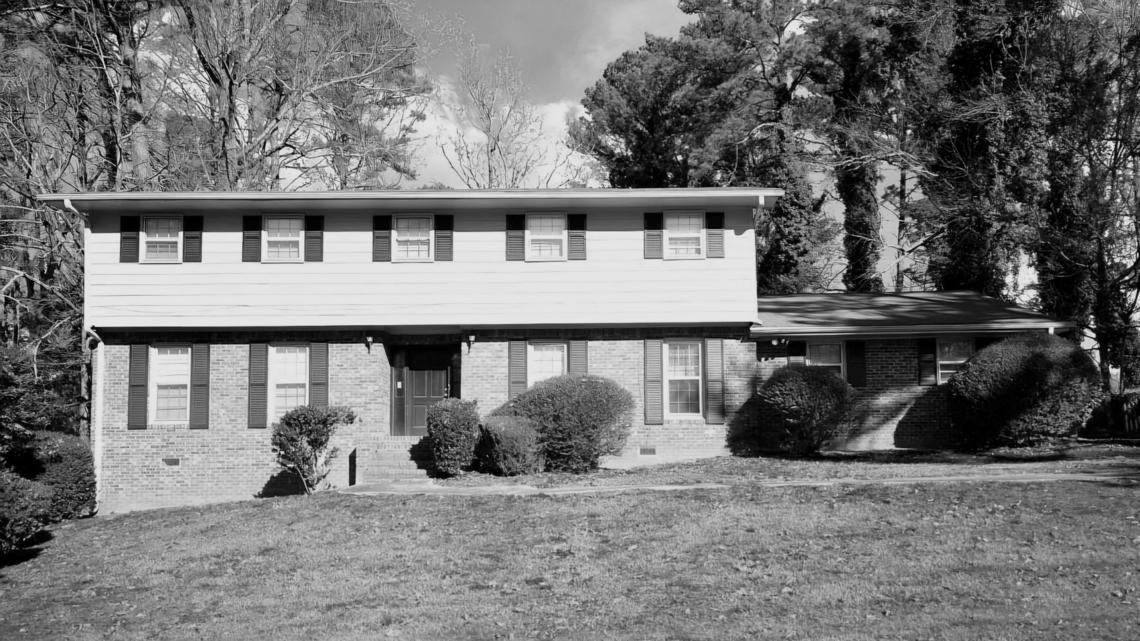
A community advocate and pioneer of Fulton County’s efforts for reparations shares why the conversation is important.
FULTON COUNTY, Ga. — Marcus Coleman has deep roots in the South.
“My family moved here in 1975. My grandparents were the first homeowners in this area,” he shared, outlining why Fulton County is important to him.
For Coleman, Black liberation and social justice are personal. Growing up, he found his purpose through his own family’s hardship.
“My family suffered some direct forms of racism, in the form of vandalism of our home, tomatoes thrown at our home on two different occasions,” he said, “and then a 30 ft. cross burned in the yard.”
Fast-forward decades, and he’s now a community activist who fights to dismantle institutional racism and currently serves as the vice chair of the Fulton County Reparations Task Force.
Part of that fight is forging tough conversations that demand action items connected to celebrations such as Juneteenth.
“The holiday of Juneteenth is like bathing without soap and water,” he said. “Until reparations for slavery is issued, it is impossible for a person like myself to joyously celebrate Juneteenth.”
He said the holiday needs action items backed by dollars as disenfranchisement still lingers throughout Black America. The reparations movement demands that descendants of enslaved people in the U.S. be compensated for historical wrongs.
“Reparations simply means to repair if we are, since there is a national holiday known as Juneteenth,” he said. “It’s obvious that the repair is missing.”
The term is not a new concept.
After the Civil War, the federal government made an unfulfilled promise of 40 acres and a mule to former slaves. A promise that stems from conversations that started in Georgia and, that history would say, were never realized.
Below is a gallery of Marcus Coleman’s grandparents and their home in South Fulton.
A glimpse at South Fulton history
Critics of reparations believe that slavery was abolished a long time ago, and accountability shouldn’t be placed on this current generation because no one currently alive is directly responsible for it.
Fulton County’s Board of Commissioners passed a resolution on April 14, 2021, to create its Reparations Task Force recognizing in its text that though slavery was abolished a little more than a generation ago, “the Fulton County community and its various local governments have allowed and perpetuated endemic racial disparities through the use of many regulatory and policy-oriented tools.”
The task force has been working for the last three years to explore reparations, who should get it, and how the county can deliver it.
What that looks like will manifest after the board wraps up its research toward the end of this year. While Coleman works tirelessly to find solutions through the task force, Dr. Lakeysha Hallmon tackles economic liberation by working to close the racial wealth gap.
Hallmon is the founder and CEO of The Village Market. The company gives Black entrepreneurs the tools they need to succeed as business owners and can be found in Atlanta’s Ponce City Market.
“I’ve always just wanted to be in a position where I’m action-oriented,” Hallmon said. “We also have the privilege of choices, access, and opportunity that changes a family’s life, that changes a trajectory and also shifts a generation.”
“What we need is to be able to be protected, to create opportunities and pathways for ourselves,” she said. “So that’s not asking for a handout.”
As for Coleman – his space in the fight, has always been in the front lines. His goal is to confront and heal the wounds of history, from his grandfather’s home to the doorsteps of government buildings.
He knows he’s not alone.
“This next generation is our most fearless generation. The only thing that I think that they need instilled is further knowledge of self,” he said.


